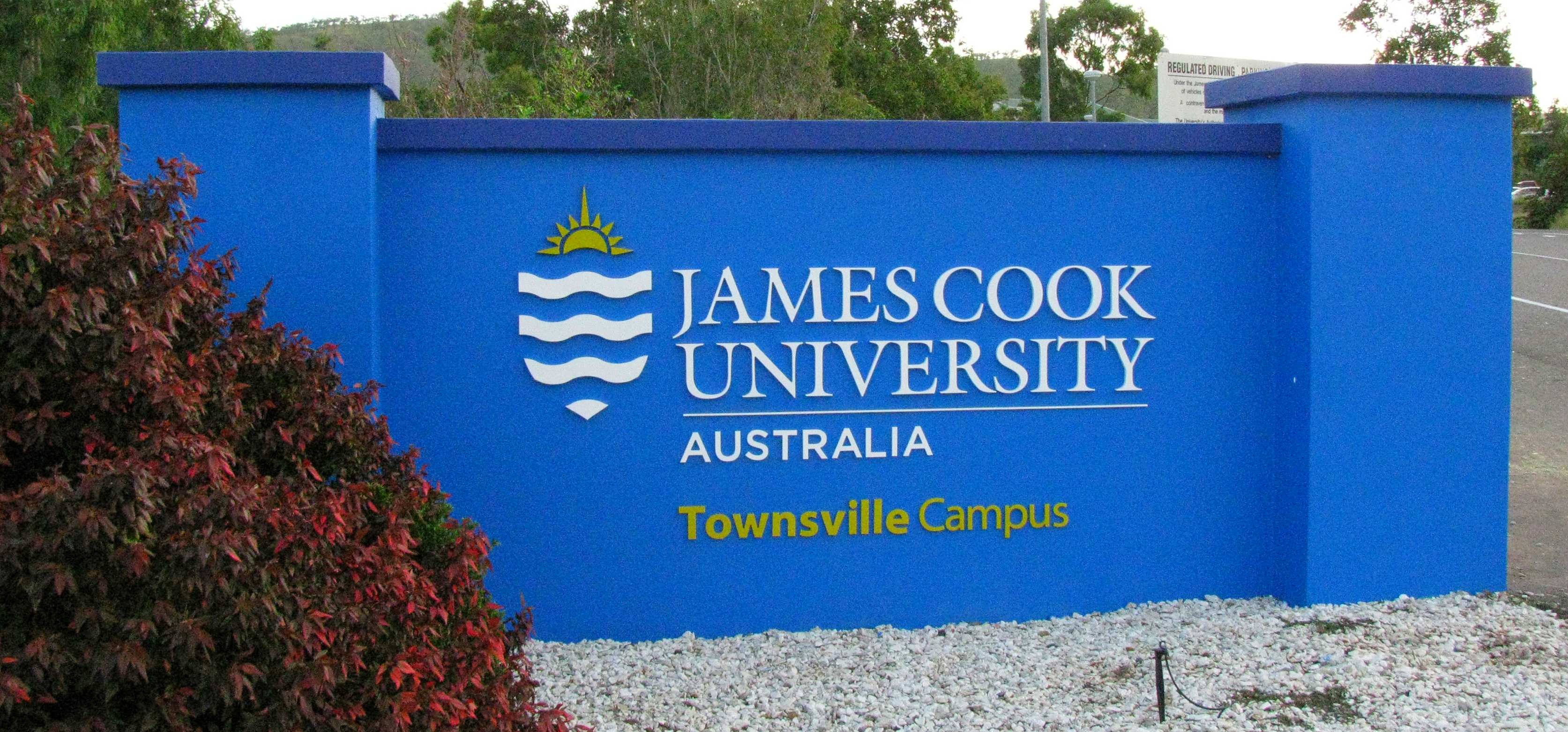The times, they are a-changing. Cool air swept over Townsville during the night, causing me to don a light jacket when I walked to the news outlet in early morn. By the time the clock advanced past noon, brilliant sunlight had chased away the chill and did its best to sear my bare arms and legs while I cycled to James Cook University. Tiny, dried leaves skittered across the bikepath, on which other dried leaves and needles had been blown into windrows like flotsam tossed onto a beach. At Aplin’s Weir, a white-faced heron and little egret paced the dry, exposed rim of the weir, eyeing the water barricaded by concrete for prey. On the path beyond the weir, a teenaged girl and boy in school uniforms exchanged innocent, tender glances. I drank in the cool shade beneath huge shade trees and sped across open clearings under bald sun, urged on by the allure of the university, with its libraray, lectures, and aura of intellectual challenge.
After completing some research in the library, I skimmed through the April-June issue of JCU’s Discover magazine, and then attended a lecture given by Felipe Daudt, a Brazilian road ecologist.
From the magazine, I learned that Queensland’s state government has banned fruit growers’ use of shooting and electrocution to kill flying foxes, which feed on fruit as well as nectar and are considered pests by fruit farmers.1 The ban, which recognizes that flying foxes are ecologically significant species, has the farmers and political Opposition in an uproar, demanding its reversal.1 I also learned that cyclones and wildfires are a boon to palm trees, which thrive after such extreme events because their growing tips are freshly exposed. 2 Lastly, I learned that climate change spells big trouble for marine turtles.3
Because marine turtles are reptiles, their metabolism, digestion, and reproduction are strongly affected by environmental temperatures. As well, they lay their eggs on sandy beaches that will become hotter as environnmental temperatures increase.3 This was explained in Discover by Mariana Fuentes, a postdoctoral researcher at JCU’s School of Earth and Environmental Sciences, who in the article also stated that warmer temperatures favour female offspring and decrease the overall success of reproduction.3 Her Ph.D. studies of green turtle nesting success in the Torres Strait and on the Great Barrier Reef investigated the effects of hotter air, water, and sand temperatures, plus changes in sea level, all due to climate change. Her results predict that by 2070, female hatchings will dominate, likely fewer hatchlings will survive, and a third of the nesting habitat at her study sites may have vanished due to sea level increases.3 Dr. Fuentes is working with wildlife and nesting ground managers to come up with ways to mitigate the predicted effects of climate change on sea turtle nesting habitat.3
Lost and damaged habitat was also at the centre of the seminar presented to JCU Townsville by Felipe Daudt, an environmental consultant and head of an NGO in Brazil, who is visiting the JCU campus in Cairns. A road ecologist, Dr. Daudt described the severe erosion associated with dirt roads and cleared road verges in south and southeast Brazil. Many of these roads are associated with massive plantations of soybeans used for biofuel. He explained how the Brazilian landscape is scarred by the erosion associated with increased road construction, and how poorly designed road systems have increased the likelihood of toxic spills, some of which in the past have involved chemicals banned in America and Europe, but still in use in Brazil. He stated that the worst roads are in the Amazon Basin, and that, “We are scared to death about the Amazon.” Brazil apparently doesn’t have the resources to enforce environmental laws in remote jurisdictions or to care for its parks in the same way that Australia, Canada, and other developed countries can.
Following the seminar, I sped home with that cool air drifting in around me again and the sun setting over my left shoulder, spilling out the golden truth that winter is on its way.
References:
1. Dominique Thiriet. Opinion: Warts and all. Discover, April-June 2010. James Cook University. p. 8.
2. Caroline Kaurila. A liftime of palm reading. Discover, April-June 2010. James Cook University. p. 9.
3. Jo Meehan. Tough times for turtles. Discover, April-June 2010. James Cook University. p. 10-11.


